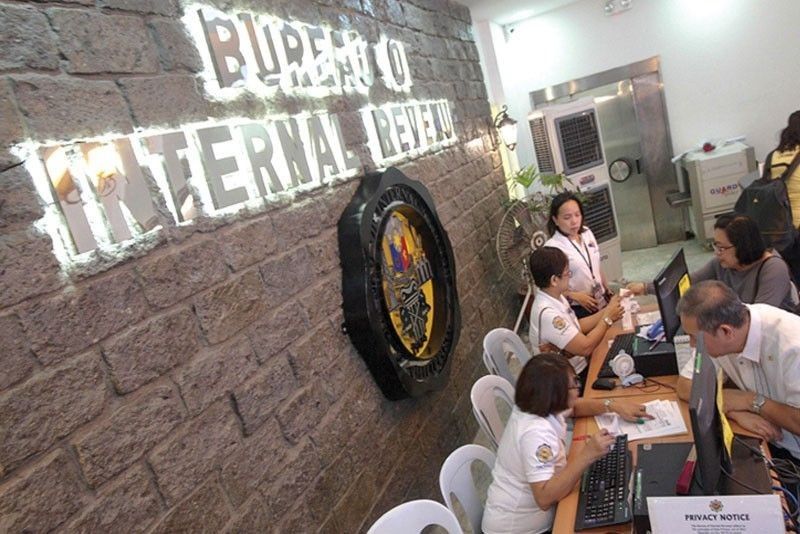BIR allows tax perks for imports, manufacture of COVID-19 essentials

MANILA, Philippines — Importers and manufacturers of medical goods and equipment essential to the fight against COVID-19 may now enjoy fiscal incentives, according to the Bureau of Internal Revenue (BIR).
Finance Secretary Carlos Dominguez and Internal Revenue Commissioner Caesar Dulay on Oct. 15 signed Revenue Regulation 28-2020, which provides the guidelines for the grant of incentives on the manufacture or importation of COVID-19 related goods, supplies or equipment.
This was in line with the Bayanihan to Recover as One Act, which granted the tax perks provided that restrictions are in place to prevent shortage of supply and ensure that prices remain reasonable.
Under the RR, the importation of critical products, essential goods, equipment or supplies needed to fight the COVID-19 pandemic from June 25 to Dec. 19, 2020 is exempted from the value-added tax (VAT), excise tax and other fees.
These include personal protective equipment; surgical equipment and supplies; laboratory equipment and reagents; medical equipment, devices, supplies, tools and consumables; testing kits; and other items determined by the Department of Health (DOH) and Department of Trade and Industry (DTI).
Also exempted are inputs, raw materials and equipment necessary for the manufacture or production of essential goods versus COVID-19, as well as equipment for waste management.
“For the purpose of qualifying for exemption from import duties, taxes and other fees and ensuring supply of PPE at competitive prices, the taxpayer availing of the exemption must present a certification from the DTI that the equipment and supplies being imported are not locally available or of insufficient quality and preference,” the BIR said.
The issuance also exempts donations of these imported articles to the government from the donor’s tax.
Meanwhile, the BIR said inputs, raw materials and equipment necessary for the manufacture of essential goods related to containment and mitigation of COVID-19, whether locally sourced or imported, are exempted from the VAT.
To qualify for this incentive, the supplier of the items must submit a copy of their License to Operate issued by the Food and Drug Administration, and a sworn declaration from the manufacturer that the items will be used for the manufacture of essential goods.
On the other hand, the BIR clarified that the sale of finished goods or products, whether locally manufactured or imported, is subject to VAT.
The agency said VAT on all qualified importations made from June 25, 2020 or upon the expiration of the Bayanihan to Heal as One Act, until Sept. 14 would be refunded in accordance with existing procedures for refund, provided that the imported items have not been reported as input tax credit.
Earlier, the Bureau of Customs (BOC) issued Customs Administrative Order 12-2020, which grants tax perks on the importation of medical supplies and online learning equipment for donation to public schools, also pursuant to the Bayanihan 2 law.
- Latest
- Trending





























